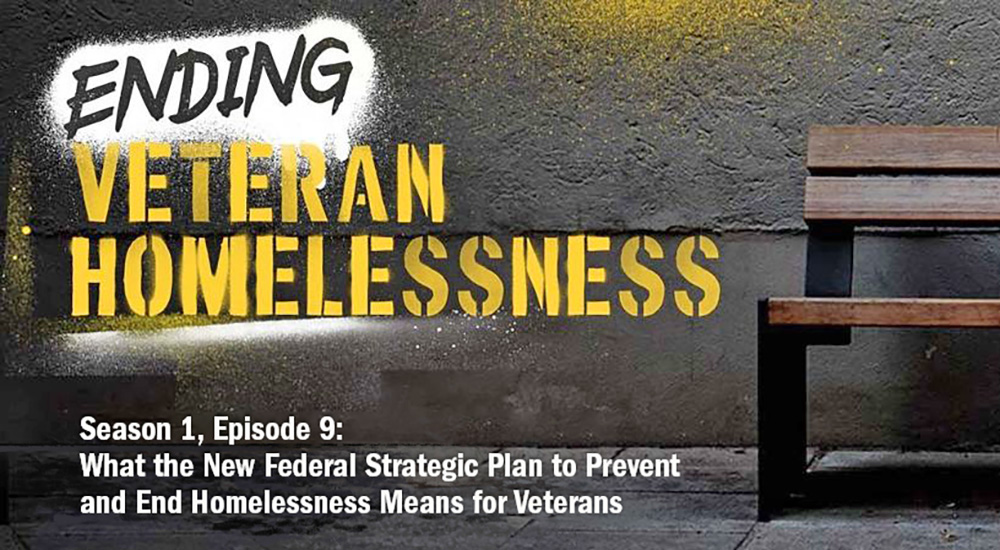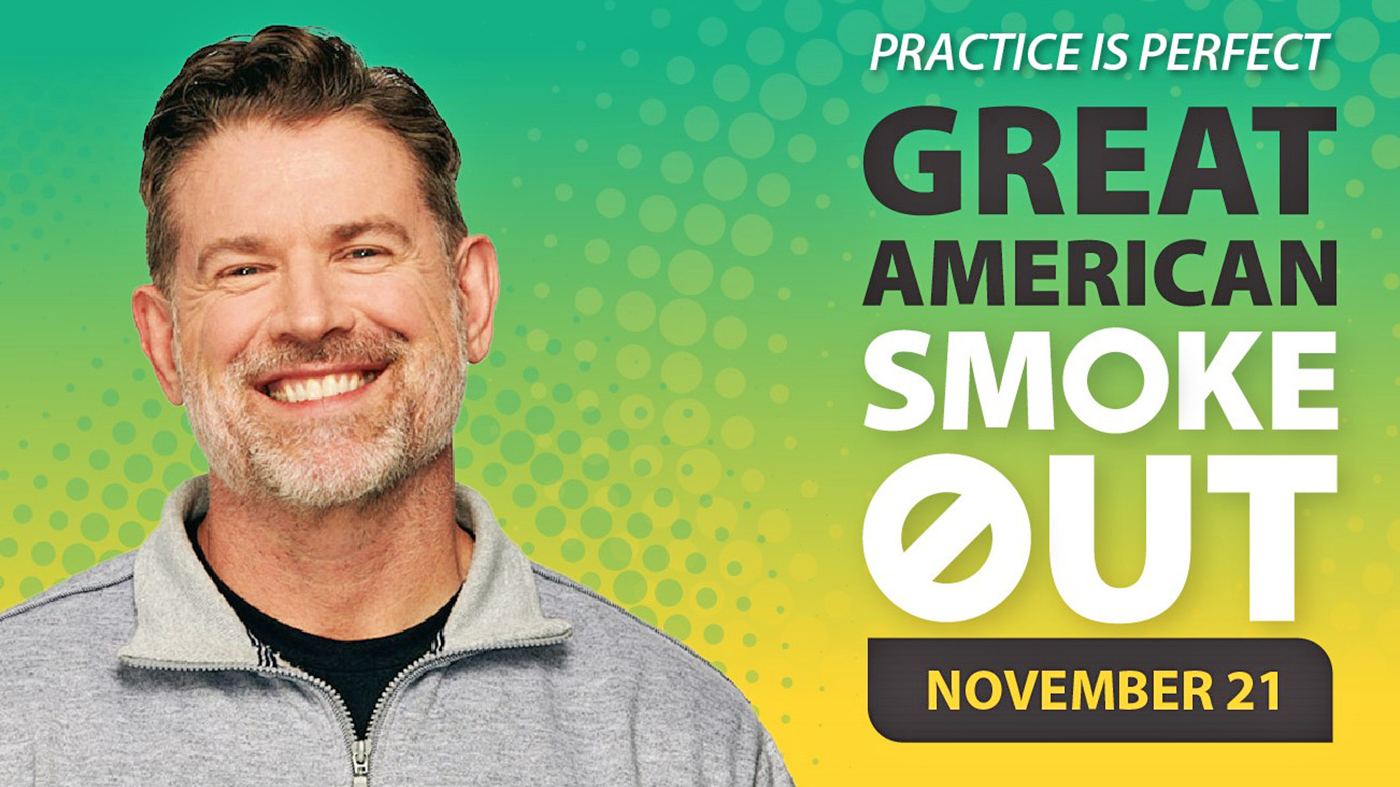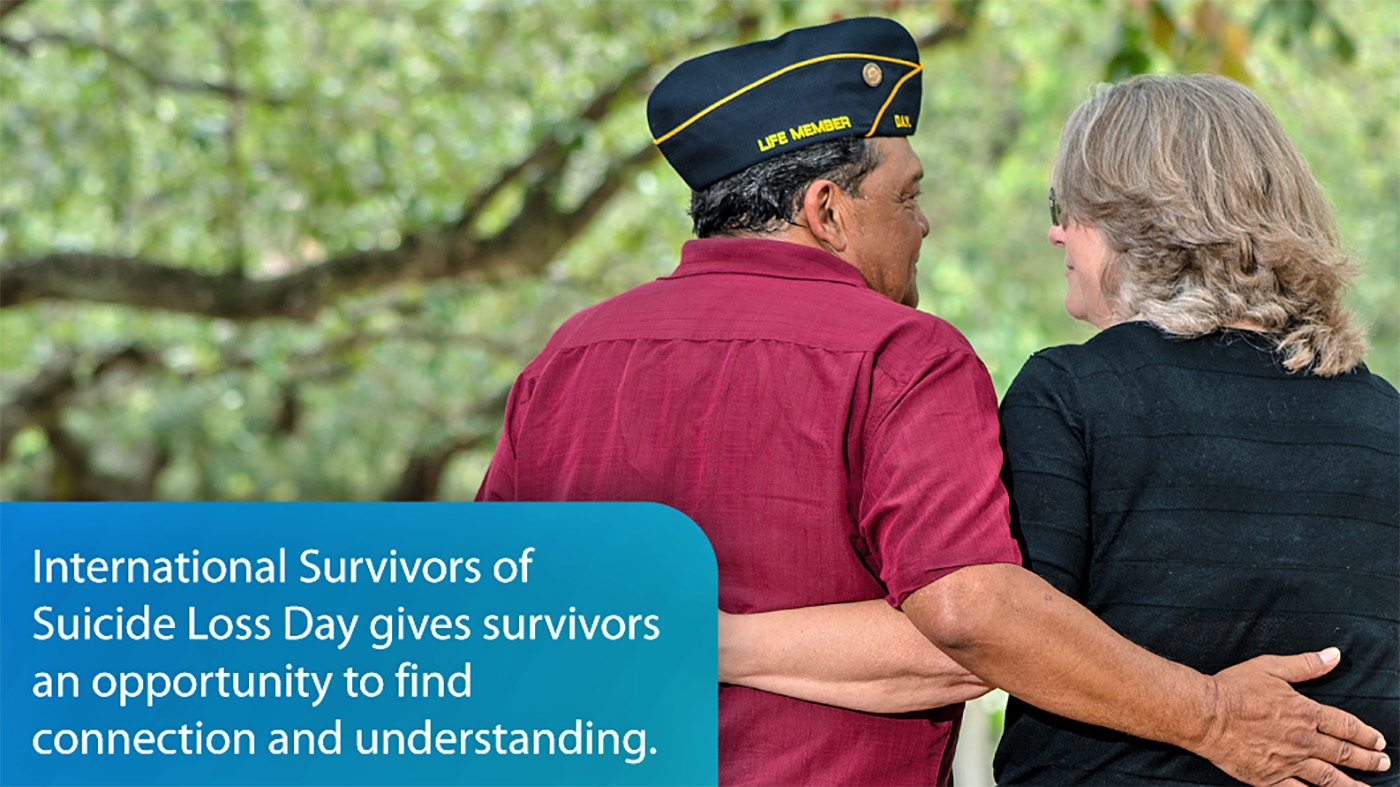On the latest episode of the Ending Veteran Homelessness podcast, Jeff Olivet, executive director of the United States Interagency Council on Homelessness (USICH), joins us to discuss the federal strategic plan to prevent and end homelessness, including how the Biden-Harris administration aims to reduce homelessness in America 25% by 2025.
Opening doors
USICH is the only United States federal agency dedicated solely to the work of preventing and ending homelessness.
In December 2022, USICH released All In: The Federal Strategic Plan to Prevent and End Homelessness, which vows to “Do more than any previous federal effort to systemically prevent homelessness and combat the systemic racism that has created racial and ethnic disparities in homelessness.”
That’s no small pledge, especially considering the progress USICH had made since 2010 when the agency released America’s first-ever comprehensive Federal Strategic Plan to Prevent and End Homelessness: Opening Doors.
A decade of progress
From 2010 to 2016, homelessness declined significantly across America. The success sparked by Opening Doors was particularly significant for our nation’s heroes: Veteran homelessness declined by 55% since 2010.
“It is the most singularly successful federal effort to end homelessness among any group in the last 40 years,” says Olivet.
“All In” is the fourth iteration of the original federal strategic plan published by USICH. Each plan published over the past 13 years reflects the federal government’s ongoing commitment to finding, implementing and evaluating the strategies that will help the greatest number of Americans both avoid and exit homelessness.
Focusing on primary prevention
With All In, USICH plans to use lessons learned from the pandemic response, alongside unprecedented investments of new funding through the American Rescue Plan and President Biden’s budget request for fiscal year 2023.
This includes significant increases in funding for targeted homelessness programs, housing vouchers, and Low-Income Housing Tax Credits. It also includes new funding to increase the affordable housing supply, connecting those in an immediate housing crisis with the resources and support they need.
Helping millions of individuals exit homelessness each year is not enough. To truly eliminate homelessness, the societal forces that drive individuals to enter (and re-enter) homelessness must also be stopped.
Recognizing this, All In prioritizes “primary prevention,” defined by USICH as “strategies broadly aimed at reducing the risk of housing instability and homelessness ‘upstream’ and before an individual requires assistance from the homelessness response system.”
The importance of affordable and accessible housing, education and employment is emphasized, as is strengthening the coordination of efforts to support populations at greater risk for experiencing homelessness.
Full speed ahead
Though Veteran homelessness has declined 55% since 2010, and VA successfully met Secretary McDonough’s challenge to place 38,000 Veterans into permanent housing in 2022, there is still much work to be done.
Olivet emphasizes, “We are speeding up the work of ending Veteran homelessness, not slowing it down.”
VA is committed to ensuring all Veterans are aware of the resources available to them, including housing solutions, employment opportunities, health care, justice- and reentry-related services and more.
In addition to current outreach efforts, VA will implement those actions outlined in All In, such as working with the Department of Defense to provide follow-up services to transitioning service members and building partnerships to expand housing stock availability, as identified in the VA Homeless Programs Office Strategic Plan for 2021-2025.
Taking care of business and each other
Olivet shares his message to Veterans about how the new federal strategic plan is going to impact them. “What I’d like them to know is that this administration is deeply committed to finishing the work of ending Veteran homelessness.”
Learn about VA programs
- If you are a Veteran who is homeless or at risk for homelessness, call the National Call Center for Homeless Veterans at 877-4AID-VET (877-424-3838).
- Visit the VA Homeless Programs website to learn about housing initiatives and other programs for Veterans exiting homelessness.
- Check out the Ending Veteran Homelessness podcast to learn more about what VA is doing about Veteran homelessness.
- For more stories like these, subscribe to the Homeless Programs Office newsletter to receive monthly updates about programs and supportive services for Veterans experiencing or at risk of homelessness.
Topics in this story
Link Disclaimer
This page includes links to other websites outside our control and jurisdiction. VA is not responsible for the privacy practices or the content of non-VA Web sites. We encourage you to review the privacy policy or terms and conditions of those sites to fully understand what information is collected and how it is used.
More Stories
For the Great American Smokeout, explore VA resources and learn why every attempt to stop smoking is a step toward success.
If you’ve lost a loved one to suicide, resources and support are available to help you cope during your grieving and healing.
Army Veteran Denis Velez donated a painting of his VA hospital as a way of giving back for his treatment there.







This has to be done. It is unthinkable that we have a single homeless vet in this nation let alone many. This issue should be a top priority for any Admin whether Democrat or Republican. I’m a young veteran myself who has struggled with housing due to rent and the market prices. It’s also impossible to build or even set a mobile home in most of the West Coast nowadays especially, in California. Something really needs to be done for our generation.